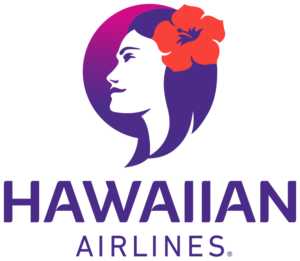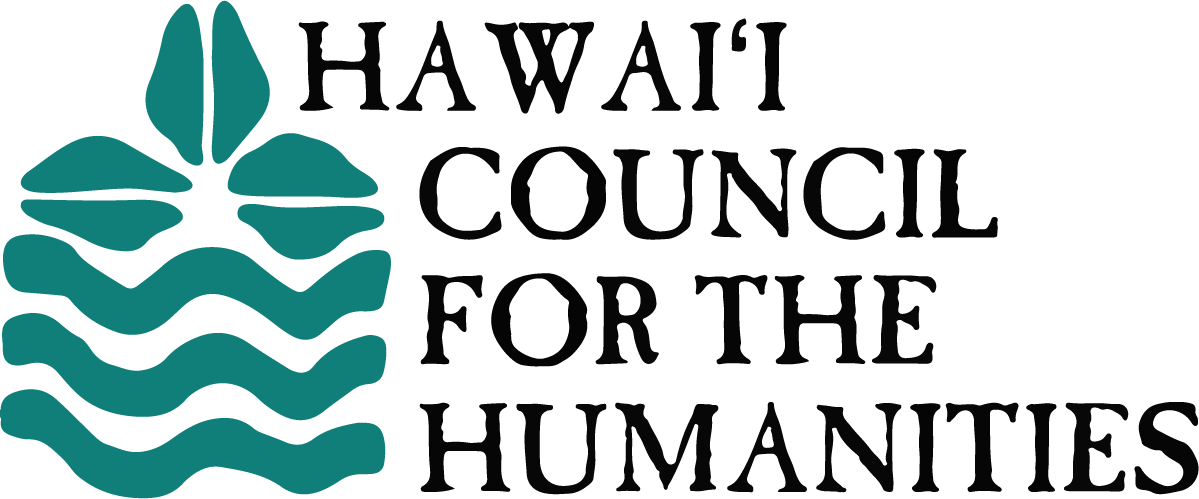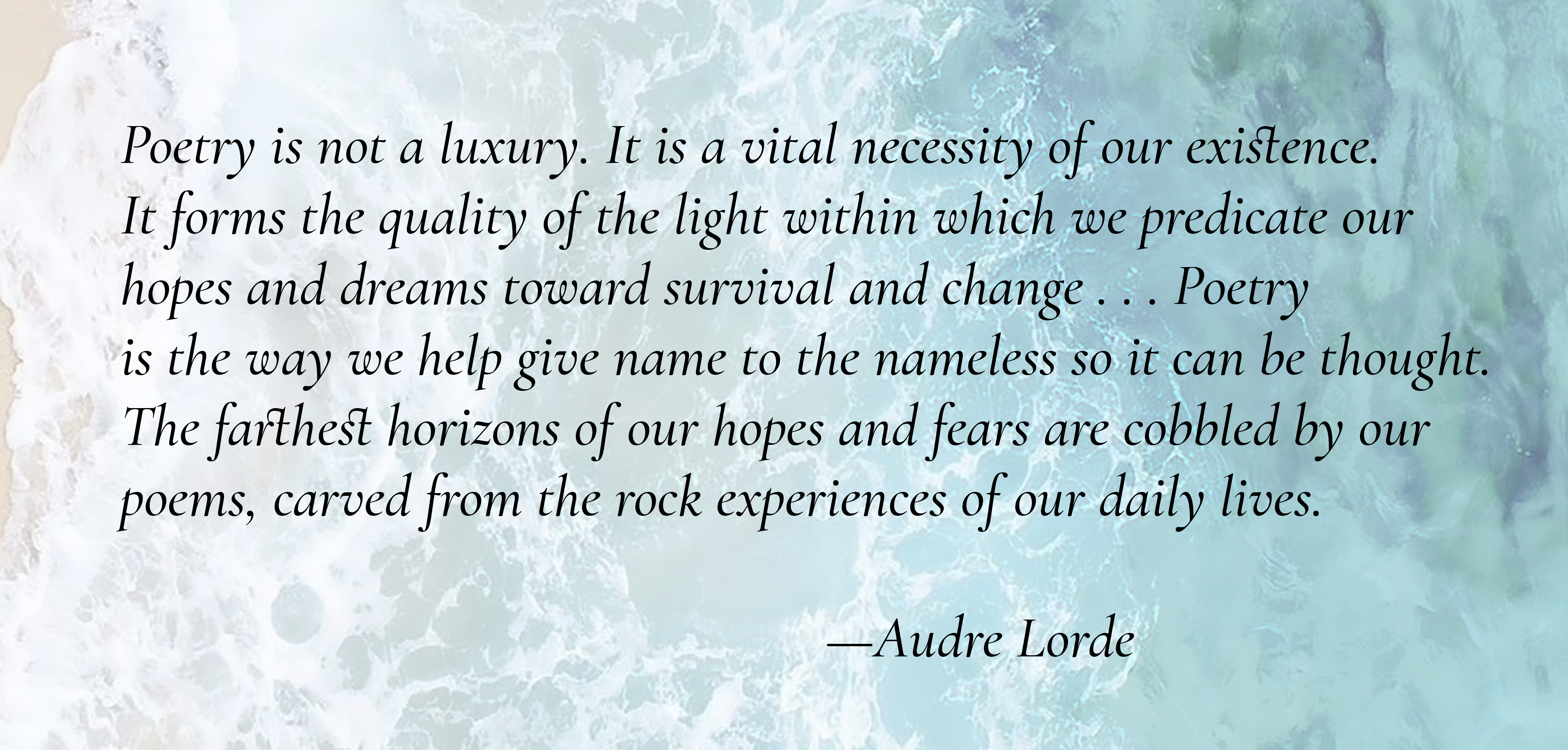Hawaiʻi State Poet Laureate Program
As part of the 31st session of the Hawai‘i State Legislature, a joint resolution was passed encouraging Hawai‘i Council for the Humanities, State Foundation on Culture and the Arts (SFCA) and the Hawaiʻi State Public Library System to work together to establish a Hawaiʻi State Poet Laureate Program.
In public testimony supporting the resolution, poet, editor, educator, and co-founder of Bamboo Ridge, Eric Chock shared that “Poetry has a long tradition of representing the best values of a given community, of helping to nurture and cultivate a rich and vibrant culture, and to bring out the humanity that needs to be shared by all.”
This new partnered program builds on the legacy of Hawaiʻi’s first state poet laureate, Kealoha, by creating more tools facilitating broader support to a wider community, offering poetry workshops throughout the islands and collaborating with Hawaiʻi’s rich and vibrant literary community to bring attention to Hawaiʻi’s diverse voices and stories.
The designation of Hawaiʻi State Poet Laureate recognizes and honors a Hawaiʻi poet of exceptional talent and accomplishment. They serve a three-year term, and their duties include:
- Participate in or organize at least eight (8) public readings or presentations annually during the term on different islands, including events involving the Governor’s Office, State Foundation on Culture and the Arts, Hawai’i State Public Library System, or Hawai’i Council for the Humanities.
- Create one community-engaged poetry publication (publication can be a variety of media forms including print, film, or performance, or online), incorporating poetic works from people across the islands during the multiyear term.
- Facilitate at least four (4) community-engaged poetry workshops per year with/for diverse populations on different islands.
- Organize and participate in at least one (1) annual reading featuring other local poets.
- Represent the program in the press, including generating and responding to requests for press coverage and collaborating with the State Foundation on Culture and the Arts, Hawaiʻi State Public Library System, and Hawaiʻi Council for the Humanities partnership.
- Support the cultivation of organizational partnerships for poetry-engaged programming.
To be eligible to serve as Hawaiʻi State Poet Laureate, individuals must meet these requirements:
SFCA Contact
Support for the Hawaiʻi State Poet Laureate Program
“Your Committee finds that the State of Hawaii is committed to the preservation and advancement of culture, the arts, history, and the humanities, especially literature and music. Your Committee further finds that poetry and storytelling are rich cultural traditions built into the everyday lives of the people of Hawaii. Your Committee believes that poetry brings heart and soul to all sectors of society—it promotes the love of writing in children, brings peace and respite for the ill and wounded, can be used to commemorate and honor significant life events, and instills pride and connection to cultures and places. The power of poetry, through the blending of multicultural voices, languages, and traditions in a manner that encourages dialogue, pride, and understanding, also builds and strengthens connections within and among our diverse communities and with the world. The Hawaiʻi State Poet Laureate Program that is requested to be established under this measure will encourage the people of Hawaii to further value, embrace, and promote its tradition of poetry and contribute to Hawaii’s vibrant, multicultural creative community through the power of writing, reading, and spoken words.”
—Submitted on behalf of the members of the Committee on Labor, Culture and the Arts, Brian T. Taniguchi, Chair on Labor, Culture and the Arts, 2022
“Poets may not always want to serve as leaders but their words, their poems, recited by people of all ages, genders, and ethnicities, in many industries, serves as a call to be courageous, to live with civic responsibility, and to live with principles of aloha. Poets are authentic leaders and I hope more people will listen closely to their wisdom. I know they listen closely to all.”
—Amy Nishimura
“Poetry, though its imagery, startling juxtapositions, and inventive use of language, often disrupts our typical patterns of thinking. It creates moments of surprise, imagination, connection, vulnerability, and compassion.
I work as an archivist, and amidst all the history books on my shelves are books of poetry. I value the voices of poets because they help me to understand the ongoing impacts of historical e vents, question my assumptions, deepen connections to the past, and envision alternate futures.Through public events and workshops and publications, a Hawaiʻi state poet laureate will inspire people to create these kinds of spaces through language and com munity building, thereby empowering us to care more deeply for each other and for Hawaiʻi.”
—Dawn Sueoka
“Hawaiʻi’s rich and diverse cultural and social fabric, combined with our complex history and deep connections to each other and our island home, has provided us with a fer landscape that has already given rise to tile creative poetic and artistic legacies that continue to resonate throughout our islands and far beyond our shores. A poet laureate program as proposed in this resolution will help us to further realize our islands’ creative potential, and allow our poets, artists, writers, and creators to enrich the lives and consciousnesses of our present and future generations both in Hawai’i and throughout the world.”
—Wayne Tanaka






